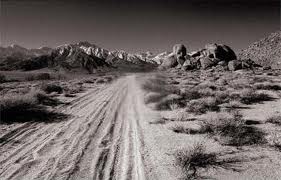Friday, October 26, 2012
Faith in the Age of Criticism, Pt 5.
4. Criticism builds a deeper, more honest, faith. Far too many people know almost nothing about what they truly believe apart from what they have been told by others or what they have heard on Sunday. If they read anything, they read “safe” books written by those who see the world exactly as they do. They refuse to read books or to engage in conversations with those who, while still holding to the same faith, have deep convictions that are in opposition to the beliefs that they hold. (Ask them to read something by someone who doesn’t hold to their faith tradition, and you might as well be asking them to read the Satanic Bible.) They label people who write these books, or who read them, has heretics and dissenters (see post #2 in this series) often without ever opening the cover of the book they are so critical of (Rob Bell’s “Love Wins” comes to mind) or of trying to understand the critique of the dissenting voices. Again, this does not advocate that they must accept the other position, but they must engage with it. Engaging in the critical dialogue builds a deeper, more honest faith, one that deals with the real issues of today. A long time ago, someone told me that whenever I am criticized I should always try to find the truth in what the critical person is saying. There may be ten things that are false, but there may also be one thing that is truth. I think this advice applies to ideas and beliefs that we do not agree with. Even as we criticize them (or engage in a critique of them) we should be asking ourselves, is their something of truth in this argument that I can learn? Even if I end up disagreeing with most of what this other viewpoint advocates, have I learned something that can enhance and grow my faith? If you are asking yourself this question, it makes the process of critical analysis far more rewarding and valuable.
